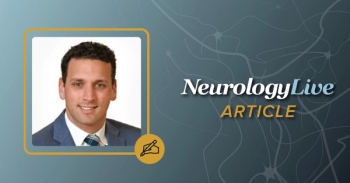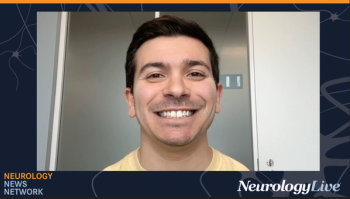
Epigenetics and Alzheimer Risk
What does epigenetics have to do with risk for Alzheimer disease? Are our epigenetics immutable? What are the therapeutic implications? Those questions answered in this podcast.
We are learning that early life events can have a profound effect on our brains throughout life. And that epigenetics is a key link between the environment and
What does epigenetics have to do with risk for Alzheimer disease? Are our epigenetics immutable? What are the therapeutic implications?
Here to address these issues is Dr. Howard Fillit, Founding Executive Director and Chief Science Officer of the
In this podcast, Dr. Fillit addresses these questions in detail. The answers that follow are excerpts from his discussion.
1. How does epigenetics affect Alzheimer’s risk?
We're very interested in epigenetics. In Alzheimer’s, epigenetics can affect the expression of genes that decrease AND increase Alzheimer’s risk.
2. Can we influence our epigenetics?
Yes. While epigenetics are heritable, they can also be changed by our experiences, environment, diet, and lifestyle.
3. Drug research in epigenetics is increasing. Can you describe some of the treatments now in development?
Several epigenetic therapies are already available for cancer, and there are a few now in development for neurodegenerative disorders.
Most of the cancer drugs are histone deacetylases (HDAC) inhibitors, and new classes of HDAC therapies are being developed for Alzheimer’s. HDACs downregulate genes involved in synaptic signaling, spine density and synapse number. Inhibiting them improves all of these, and by extension, may improve cognition. Rodin Therapeutics in Boston is in preclinical testing with an HDAC2 inhibitor and others are in earlier stages of development.
Lysine specific demethylase 1 is a histone modifying enzyme that removes methyl groups and downregulates beneficial genes. LSD1 Inhibitors were being pursued as a cancer treatment by the Spanish company Oryzon. The cancer program is still underway, but Oryzon is also now developing another type of LSD1 inhibitor for neurodegenerative diseases, including Alzheimer’s and MS. This drug, which is expected to enter phase 2 clinical trials this year, promotes the survival of neurons and may restore memory deficits and cognitive function.
In a
The Alzheimer’s Drug Discovery Foundation is the only philanthropy solely focused on accelerating the development of drugs to prevent and treat Alzheimer’s disease. When you support its work, 100% of your donation funds drug research programs. To learn more, visit AlzDiscovery.org.
Newsletter
Keep your finger on the pulse of neurology—subscribe to NeurologyLive for expert interviews, new data, and breakthrough treatment updates.










